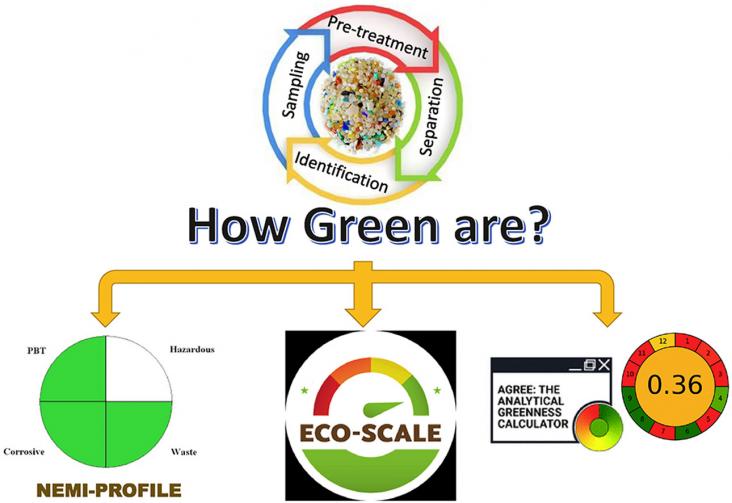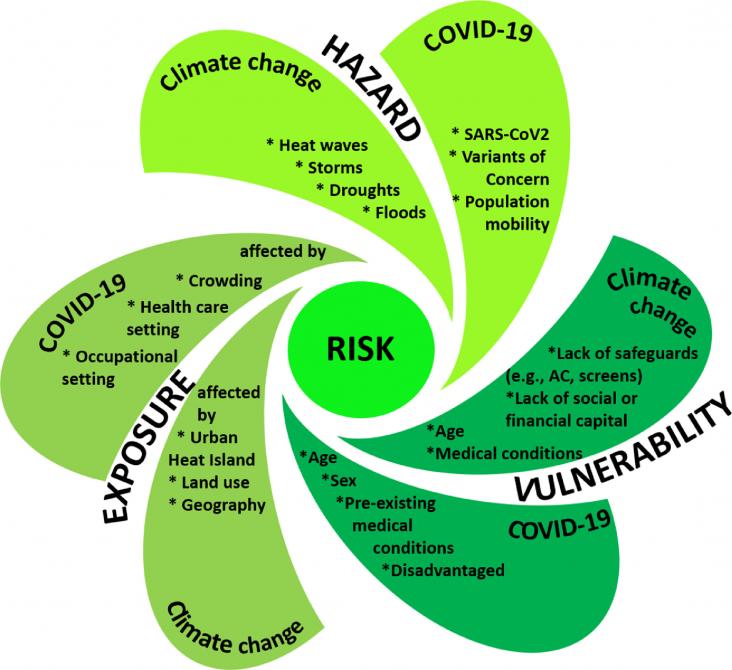Elsevier,
Emerging Contaminants in the Environment: Challenges and Sustainable Practices, Volume 1, 1 January 2022
This chapter aligns with Goal 6: Clean water and sanitation and Goal 14: Life below water by prodiving an overview of environmental plastic abundance, sources and mitigation strategies.
Authors measure nutrient content in coral reef fishes in Seychelles and show that reef fish are important sources of selenium and zinc and contain levels of calcium, iron, and omega-3 fatty acids comparable with other animal-source foods.
Elsevier,
Comparative Biochemistry and Physiology - Part D: Genomics and Proteomics, Volume 40, December 2021
Farmed fish are commonly exposed to stress in intensive aquaculture systems, often leading to immune impairment and increased susceptibility to disease. Effects of two aquaculture-relevant early-life stressors on the gut and skin microbiome of Atlantic salmon fry (four months post hatching) using 16S rRNA amplicon sequencing were studied.

In order to address the impacts of climate change, this manuscript presents a strategy developed to create a central resource, database and web-based platform to integrate data and information on the drivers and the changes within Guyana coastal and marine environment.
Fish experiencing abnormally high or prolonged elevations in temperature can exhibit impaired reproduction, even for species adapted to warm water environments.
An interdisciplinary team of researchers and citizen scientists team up for assessing water quality in an iconic English river.

COP26 is the 2021 United Nations annual climate change conference. COP stands for Conference of the Parties.

Microplastic (MP) and nanoplastic (NP) pollution is among the global environmental concerns of the 21st century owing to its transboundary distribution and persistence.

Enabling a circular economy for plastics in Europe and beyond is an ambitious goal. To reach a fully closed loop, numerous challenges and knowledge gaps need to be overcome.

